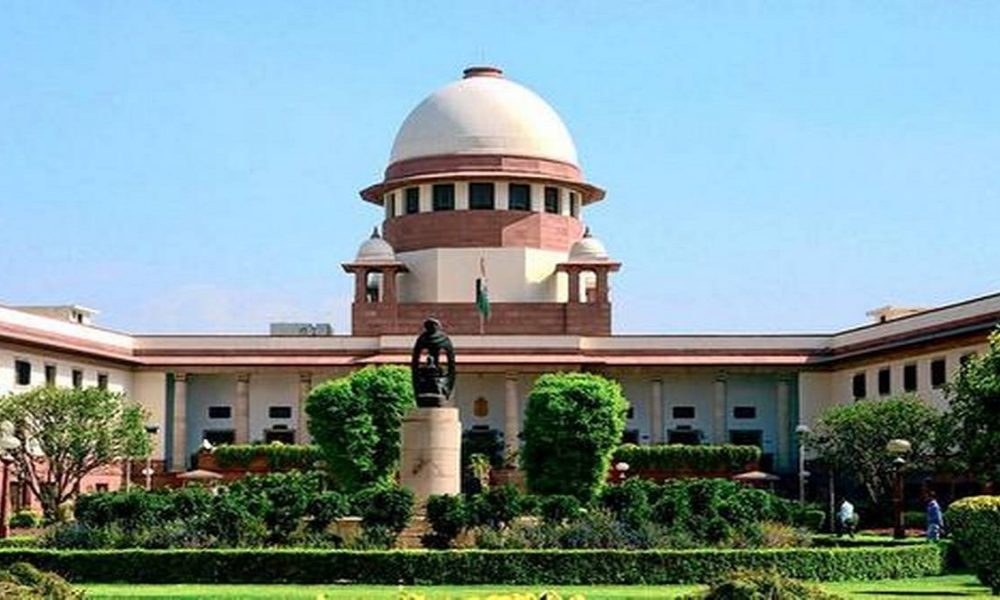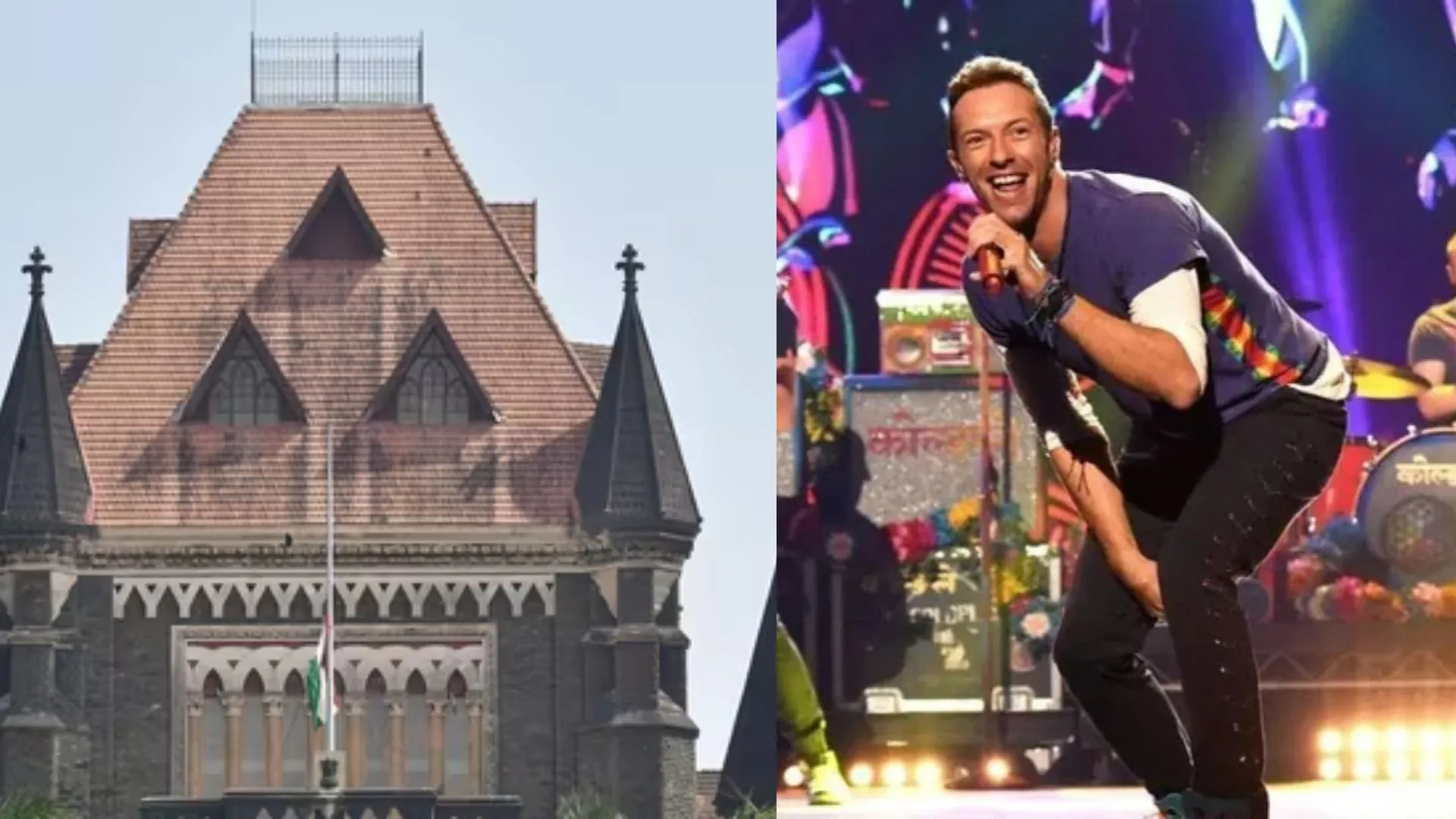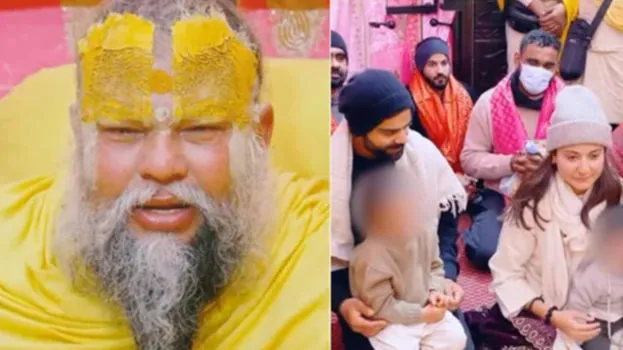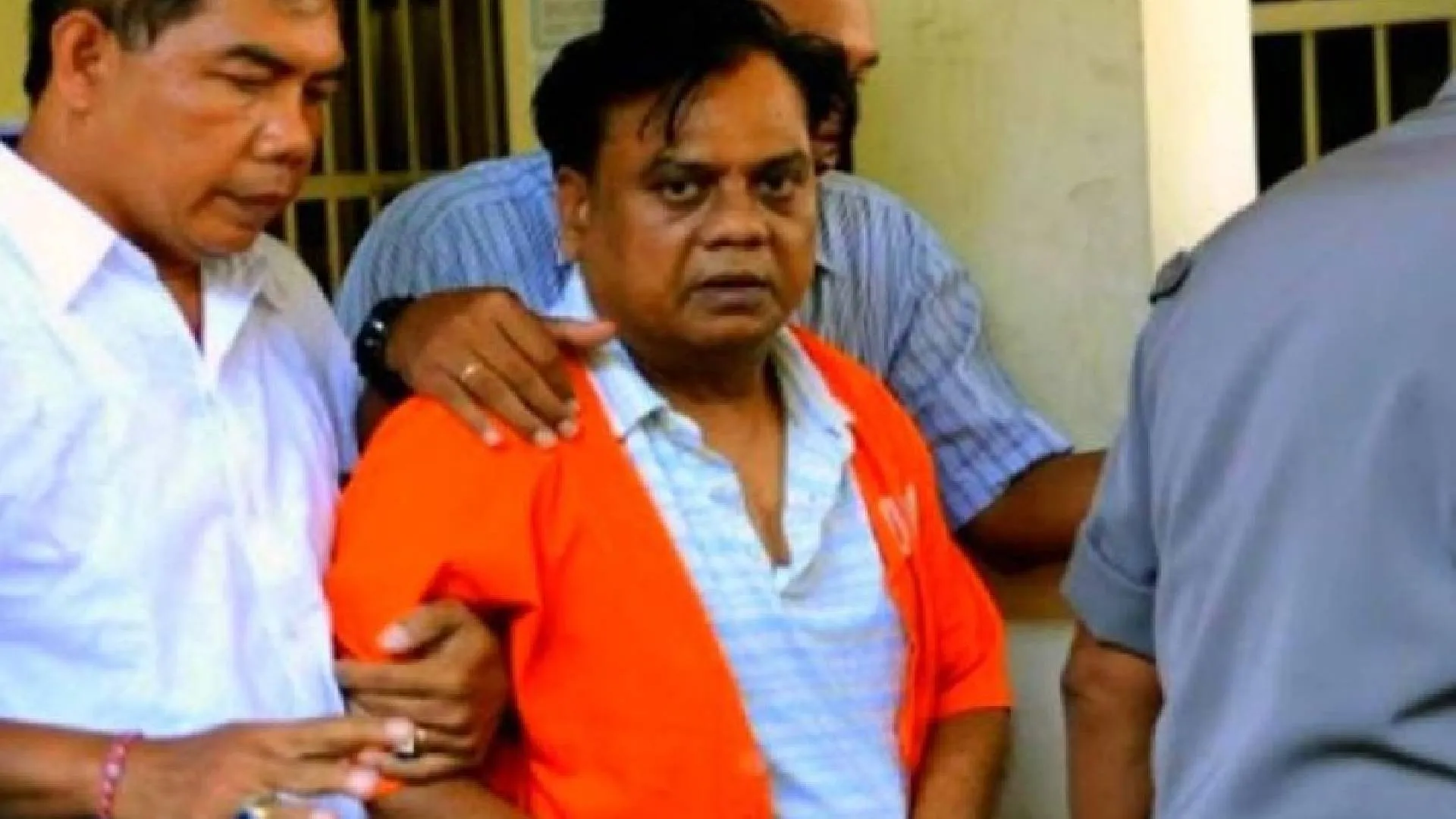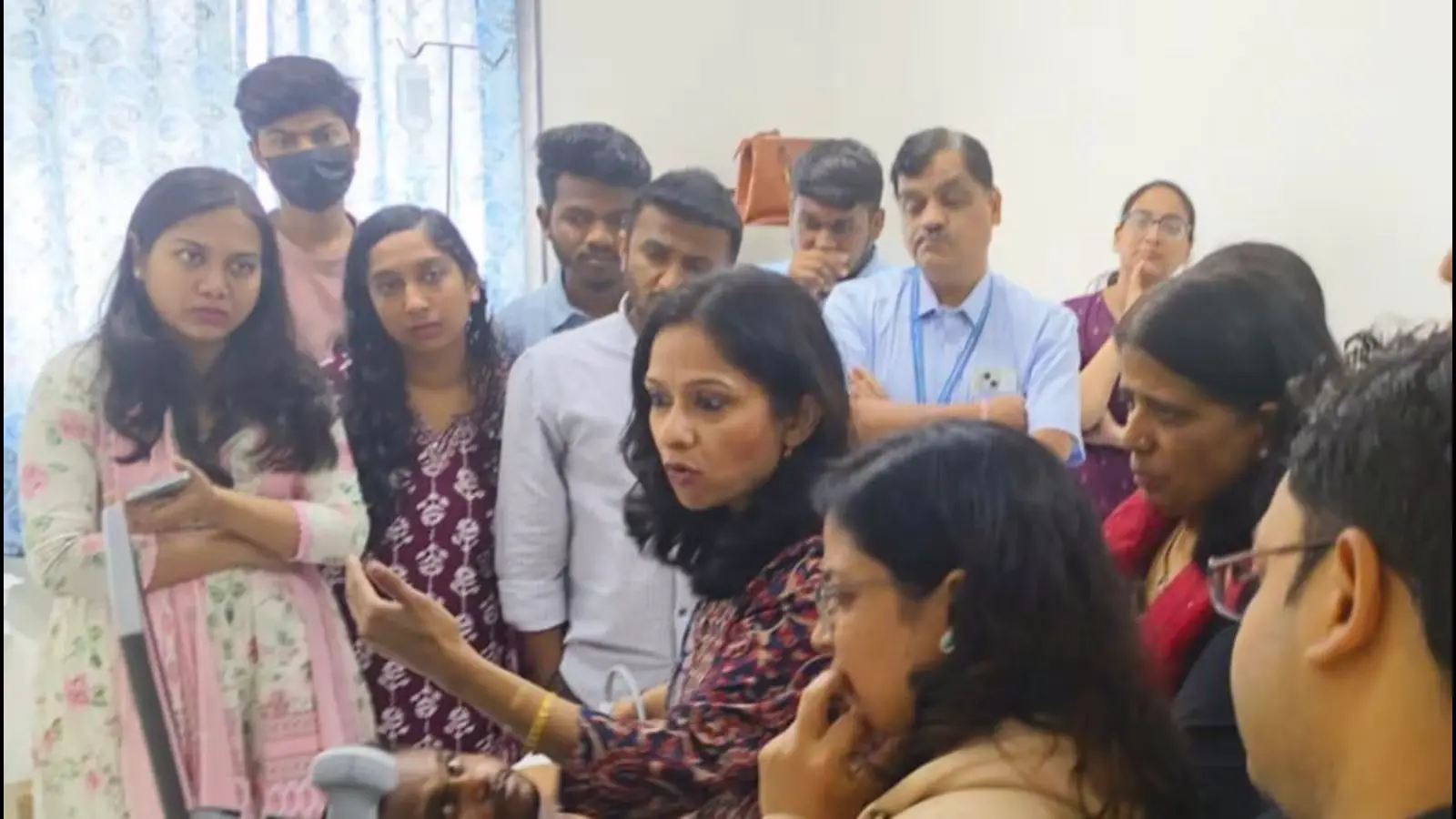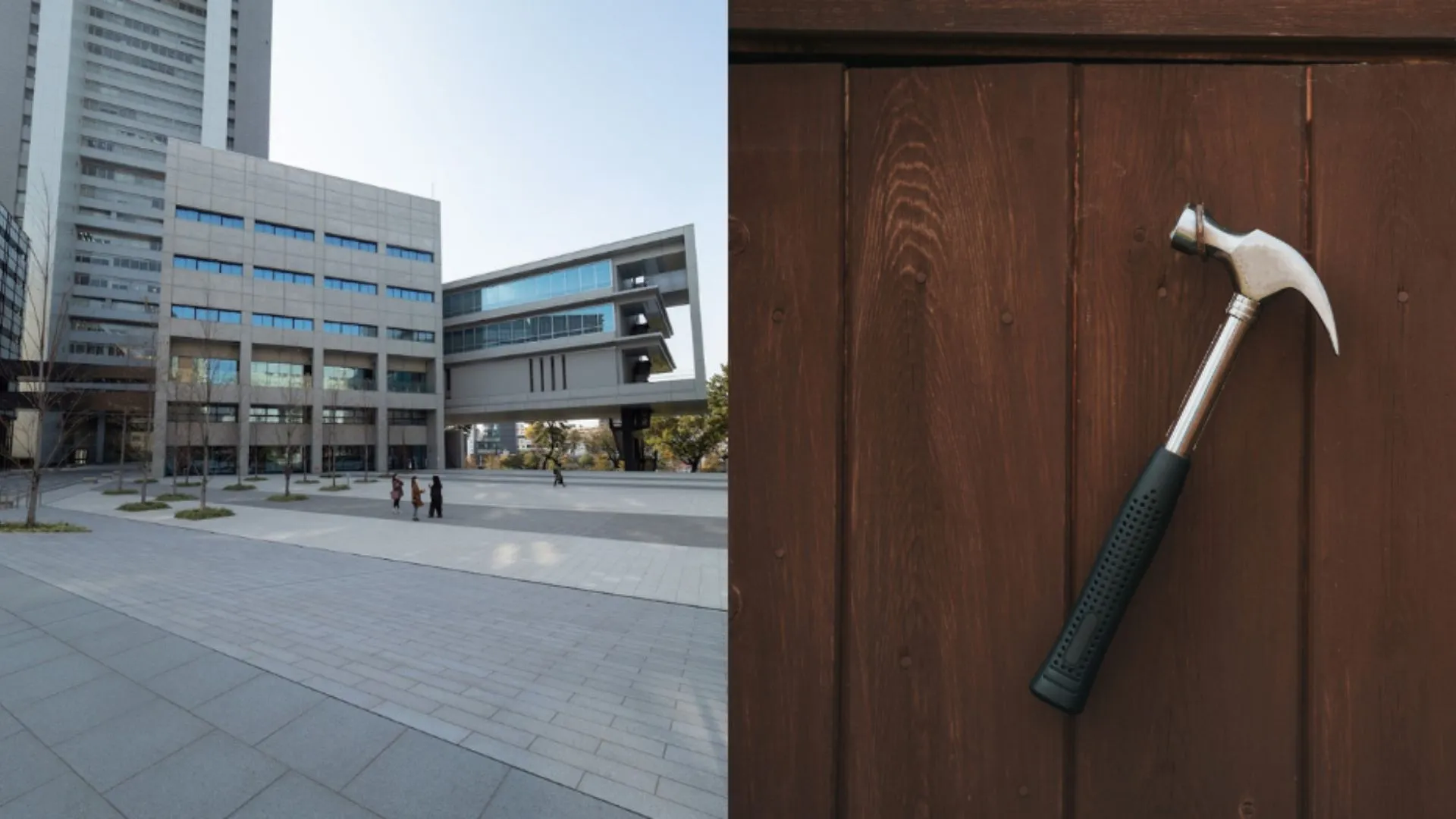Without beating about the bush, the Supreme Court has as recently as on August 13, 2021 in a learned, latest, laudable and landmark judgment titled Kaptan Singh vs The State of Uttar Pradesh and others in Criminal Appeal No. 787 of 2021 has reiterated while setting aside a judgment of Allahabad High Court that appreciation of evidence is not permissible at the stage of quashing of proceedings in exercise of powers under Section 482 CrPC. The Apex Court has observed most aptly that it is improper to quash criminal proceedings under Section 482 of Criminal Procedure Code when there are serious triable allegations in the complaint. Very rightly so!
To start with, Justice MR Shah who has authored this powerful, penetrating and progressive judgment for a Bench of Apex Court comprising of himself and Justice Dr Dhananjaya Y Chandrachud sets the ball rolling in para 1 wherein it is put forth that, “Feeling aggrieved and dissatisfied with the impugned judgment and order dated 29.07.2020 passed by the High Court of Judicature at Allahabad in Application under Section 482 No. 1697 of 2016, by which the High Court in exercise of powers under Section 482 Cr.P.C. has quashed the entire proceedings of Criminal Case No. 3302 of 2015 under Sections 147, 148, 149, 406, 329 and 386 IPC, P.S. Barra, District Kanpur Nagar, pending in the Court of I-Additional Chief Metropolitan Magistrate, Kanpur Nagar, the original complainant has preferred the present appeal.”
To put things in perspective, the Bench then mentions in para 2 that, “That the appellant herein filed a complaint before the learned Magisterial Court under Section 156(3) Cr.P.C. against the private respondents for the offences under Sections 147, 148, 149, 406, 329 and 386 IPC; that the learned Additional Chief Metropolitan Magistrate, Kanpur Nagar, by order dated 07.09.2015, after perusal of the facts mentioned in the application/complaint and documents and having found a prima facie case of cognizable offence and having observed that the police is required to investigate the same, allowed the said application under Section 156(3) Cr.P.C. and directed the concerned Station House Officer to register the first information report and investigate it in accordance with law.”
While continuing in the same vein, the Bench then points out in para 2.1 that, “That thereafter the concerned SHO registered the FIR as Case Crime No. 0645 of 2015 against the private respondents herein for the offences under Sections 147, 148, 149, 406, 329 and 386 IPC. As per the allegations in the FIR, one Munni Devi was the owner of Plot No. 1342, W Block 2 Yojna Juhi Kala, Damodar Nagar, admeasuring 387 sq.ft.; that she appointed the complainant – Kaptan Singh as her power of attorney holder to take care of the said plot; that Munni Devi wanted to sell the said plot; that she entered into a registered agreement to sell with one Mamta Gupta – respondent no. 3 herein on 27.10.2010 for a total sale consideration of Rs.25,00,000/-; that at the time of agreement, the purchaser – Mamta Gupta handed over five cheques of Rs. 2 lakh each, drawn on ICICI Bank, Branch Govind Nagar, Kanpur; that Munni Devi presented one of the cheques no. 502314 dated 15.11.2010 in her bank and the said cheque was dishonoured “due to insufficient funds”; that when the cheque returned unpaid, Munni Devi contacted Mamta Gupta and then she informed her that her husband is suffering from kidney failure and facing financial problem and therefore she would not be able to purchase the said plot, however she is arranging money; that thereafter Mamta Gupta showed no interest for registration of sale deed and she informed Munni Devi not to present the cheques; that thereafter Munni Devi served a legal notice dated 02.01.2015 and 18.05.2015 through registered post; that after receiving notice dated 18.05.2015, Mamta Gupta showed no positive response, then Munni Devi appointed the complainant as a power of attorney holder on 05.08.2015.”
As it turned out, the Bench then discloses in para 2.2 that, “It was alleged that thereafter when the complainant along with his friend Ram Pratap Singh went to the plot on 20.08.2015, at that time Mamta Gupta and her husband were present there along with three other persons outside the tin shed. The complainant told them that they have not paid the full consideration amount and had forcibly put lock on the room and requested them to open the said lock. At that time, Mamta Gupta and her husband told them that they had paid Rs. 2 lakhs and they will not open the lock till the time they will get Rs. 10 lakhs. It was alleged that all the persons abused the complainant by using filthy language relating to his mother and sister and pushed the complainant due to which he fell down and thereafter he was beaten with fist and Mamta Gupta, who was carrying knife like weapon, kept the edged part of it on his chest and gave a blank paper and threatened him to sign it, if not, then he will be killed and the complainant signed it. The complainant also produced the medical report. That thereafter after the completion of the investigation and after recording of the statement of the witnesses, statement of the complainant and after collecting the evidence from the place of incident and taking statement of independent witnesses and even the statement of the accused persons, after due enquiry and having satisfied that a prima facie case is made out against the accused for the offences under Sections 147, 148, 149, 406, 329 and 386 IPC, the investigating officer filed chargesheet no. 320/2015 dated 26.11.2015 against the private respondents herein for the aforesaid offences.”
Furthermore, the Bench then adds in para 2.3 that, “That thereafter the private respondents herein approached the High Court for quashing criminal proceedings under Section 482 Cr.P.C. It was the case on behalf of all the accused – private respondents herein in the 482 petition that dispute is of a civil nature; that Munni Devi entered into a registered agreement to sell on 27.10.2010 with Mamta Gupta as vendee; that Munni Devi undertook to get the land free hold done on the aforesaid plot and thereafter to execute the sale deed in favour of Mamta Gupta; that part payment was made immediately by cheque and cash both and the remaining amount of Rs. 10 lakhs were to be paid at the time of execution of the sale deed; that on the same date a joint notarized affidavit of Mamta Gupta and Munni Devi was also executed demonstrating the payment of Rs. 25 lakhs by Mamta Gupta and the transfer of possession to Mamta Gupta; that after obtaining possession Mamta Gupta constructed a two-room set on the said plot. It was also the case on behalf of the accused that thereafter Munni Devi did not get the free hold executed and since the husband of Mamta Gupta was suffering from a renal failure and was undergoing dialysis, she could not initiate legal proceedings for specific performance; that thereafter Munni Devi filed a suit in the Court of Civil Judge (Senior Division), Kanpur Nagar. It was also the case on behalf of the private respondents – accused that as Munni Devi did not get any relief from the court below, she got in touch with a land mafia – the original complainant– the appellant herein and he was the power of attorney holder of Munni Devi and that when he visited the plot on 20.08.2015 he was thrown out and was assaulted. That thereafter Mamta Gupta filed a suit for permanent injunction being O.S. No. 2077 of 2015 in the Court of Civil Judge (Senior Division), Kanpur Nagar wherein temporary injunction had been granted in favour of Mamta Gupta and the said order is still in operation.
Please read concluding on link4din.com/guardians-numeric-wisdom
Therefore, it was submitted that the dispute is purely of a civil nature and criminal proceedings have been lodged only with a view to pressurize Mamta Gupta to handover the plot to the complainant even though Mamta Gupta has paid a sum of Rs.25 lakhs to the owner of the plot in question. Therefore, it was prayed to quash the entire FIR.”
As we see, the Bench then envisages in para 3 that, “That the 482 petition was opposed by the original complainant. A detailed affidavit/counter affidavit was filed on behalf of the original complainant. It was specifically the case on behalf of the complainant that the documents alleged to have been executed by Munni Devi in favour of Mamta Gupta on 27.10.2010/subsequent notarized document dated 27.10.2010 are fabricated in which it is stated that Rs. 25 lakhs have been paid and that the possession has been handed over to Mamta Gupta. It was also pointed out that for the aforesaid another first information report has been registered against them on 04.12.2015, registered as Case Crime No. 816 of 2015 under Sections 420, 467, 468, 471 IPC at Police Station Barra, District Kanpur Nagar and the investigation is still going on. It was also submitted that the electricity connection was obtained by Mamta Gupta in a fraudulent manner and subsequently the said electricity connection has been permanently disconnected by Electricity Department, Kanpur Nagar on 18.08.2015 and no electric connection exists in the premises in question till today. It was also submitted that after the completion of the investigation and after collecting the credible evidence against the accused, the investigating officer has submitted a chargesheet and the learned Magistrate after applying its mind judiciously has taken cognizance against the accused. Therefore, it was prayed to dismiss 482 application.”
Be it noted, the Bench then enunciates in para 4 that, “By the impugned judgment and order, the High Court has allowed the said application and has quashed the entire criminal proceedings mainly on the grounds that the original complainant – Kaptan Singh for all practical purposes is ranked outsider and stranger to the deal and therefore the criminal proceedings initiated at his behest cannot continue; that no power of attorney executed by Munni Devi in his favour has been filed with the counter affidavit and on the ground that the dispute is of a civil nature and civil suits are pending between the parties and veracity and genuineness of the notarized affidavit signed by Munni Devi and Mamta Gupta can be considered in the civil proceedings and there was no entrustment of property and therefore no case is made out for the offence under Section 406 of the IPC. That having observed that there is no case against the accused under Section 406 IPC, the High Court has further observed that rest of the allegations are tangent to the main allegation without any corroborating evidence.”
Needless to say, the Bench then states in para 5 that, “Feeling aggrieved and dissatisfied with the impugned judgment and order passed by the High Court, quashing the entire criminal proceedings in exercise of its inherent powers under Section 482 Cr.P.C., the original complainant has preferred the present appeal.”
Simply put, after hearing both the parties, the Bench then observes in para 9.1 that, “At the outset, it is required to be noted that in the present case the High Court in exercise of powers under Section 482 Cr.P.C. has quashed the criminal proceedings for the offences under Sections 147, 148, 149, 406, 329 and 386 of IPC. It is required to be noted that when the High Court in exercise of powers under Section 482 Cr.P.C. quashed the criminal proceedings, by the time the Investigating Officer after recording the statement of the witnesses, statement of the complainant and collecting the evidence from the incident place and after taking statement of the independent witnesses and even statement of the accused persons, has filed the charge-sheet before the Learned Magistrate for the offences under Sections 147, 148, 149, 406, 329 and 386 of IPC and even the learned Magistrate also took the cognizance. From the impugned judgment and order passed by the High Court, it does not appear that the High Court took into consideration the material collected during the investigation/inquiry and even the statements recorded. If the petition under Section 482 Cr.P.C. was at the stage of FIR in that case the allegations in the FIR/Complaint only are required to be considered and whether a cognizable offence is disclosed or not is required to be considered. However, thereafter when the statements are recorded, evidence is collected and the charge-sheet is filed after conclusion of the investigation/inquiry the matter stands on different footing and the Court is required to consider the material/evidence collected during the investigation. Even at this stage also, as observed and held by this Court in catena of decisions, the High Court is not required to go into the merits of the allegations and/or enter into the merits of the case as if the High Court is exercising the appellate jurisdiction and/or conducting the trial. As held by this Court in the case of Dineshbhai Chandubhai Patel (Supra) in order to examine as to whether factual contents of FIR disclose any cognizable offence or not, the High Court cannot act like the Investigating agency nor can exercise the powers like an Appellate Court. It is further observed and held that question is required to be examined keeping in view, the contents of FIR and prima facie material, if any, requiring no proof. At such stage, the High Court cannot appreciate evidence nor can it draw its own inferences from contents of FIR and material relied on. It is further observed it is more so, when the material relied on is disputed. It is further observed that in such a situation, it becomes the job of the Investigating Authority at such stage to probe and then of the Court to examine questions once the charge-sheet is filed along with such material as to how far and to what extent reliance can be placed on such material.”
While referring to the relevant case laws, the Bench then notes in para 9.2 that, “In the case of Dhruvaram Murlidhar Sonar (Supra) after considering the decisions of this Court in Bhajan Lal (Supra), it is held by this Court that exercise of powers under Section 482 Cr.P.C. to quash the proceedings is an exception and not a rule. It is further observed that inherent jurisdiction under Section 482 Cr.P.C. though wide is to be exercised sparingly, carefully and with caution, only when such exercise is justified by tests specifically laid down in section itself. It is further observed that appreciation of evidence is not permissible at the stage of quashing of proceedings in exercise of powers under Section 482 Cr.P.C. Similar view has been expressed by this Court in the case of Arvind Khanna (Supra), Managipet (Supra) and in the case of XYZ (Supra), referred to hereinabove.”
It is a no-brainer that the Bench then observed in para 9.3 that, “Applying the law laid down by this Court in the aforesaid decisions to the facts of the case on hand, we are of the opinion that the High Court has exceeded its jurisdiction in quashing the criminal proceedings in exercise of powers under Section 482 Cr.P.C.”
Quite damningly, the Bench then remarks in para 10 that, “The High Court has failed to appreciate and consider the fact that there are very serious triable issues/allegations which are required to be gone into and considered at the time of trial. The High Court has lost sight of crucial aspects which have emerged during the course of the investigation. The High Court has failed to appreciate and consider the fact that the document i.e. a joint notarized affidavit of Mamta Gupta – Accused No.2 and Munni Devi under which according to Accused no.2 – Ms. Mamta Gupta, Rs.25 lakhs was paid and the possession was transferred to her itself is seriously disputed. It is required to be noted that in the registered agreement to sell dated 27.10.2010, the sale consideration is stated to be Rs.25 lakhs and with no reference to payment of Rs.25 lakhs to Ms. Munni Devi and no reference to handing over the possession. However, in the joint notarized affidavit of the same date i.e., 27.10.2010 sale consideration is stated to be Rs.35 lakhs out of which Rs.25 lakhs is alleged to have been paid and there is a reference to transfer of possession to Accused No.2. Whether Rs.25 lakhs has been paid or not the accused have to establish during the trial, because the accused are relying upon the said document and payment of Rs.25 lakhs as mentioned in the joint notarized affidavit dated 27.10.2010. It is also required to be considered that the first agreement to sell in which Rs.25 lakhs is stated to be sale consideration and there is reference to the payment of Rs.10 lakhs by cheques. It is a registered document. The aforesaid are all triable issues/allegations which are required to be considered at the time of trial. The High Court has failed to notice and/or consider the material collected during the investigation.”
Most remarkably, the Bench then holds in para 11 that, “Now so far as the finding recorded by the High Court that no case is made out for the offence under Section 406 IPC is concerned, it is to be noted that the High Court itself has noted that the joint notarized affidavit dated 27.10.2010 is seriously disputed, however as per the High Court the same is required to be considered in the civil proceedings. There the High Court has committed an error. Even the High Court has failed to notice that another FIR has been lodged against the accused for the offences under Sections 467, 468, 471 IPC with respect to the said alleged joint notarized affidavit. Even according to the accused the possession was handed over to them. However, when the payment of Rs.25 lakhs as mentioned in the joint notarized affidavit is seriously disputed and even one of the cheques out of 5 cheques each of Rs.2 lakhs was dishonoured and according to the accused they were handed over the possession (which is seriously disputed) it can be said to be entrustment of property. Therefore, at this stage to opine that no case is made out for the offence under Section 406 IPC is premature and the aforesaid aspect is to be considered during trial. It is also required to be noted that the first suit was filed by Munni Devi and thereafter subsequent suit came to be filed by the accused and that too for permanent injunction only. Nothing is on record that any suit for specific performance has been filed. Be that as it may, all the aforesaid aspects are required to be considered at the time of trial only. Therefore, the High Court has grossly erred in quashing the criminal proceedings by entering into the merits of the allegations as if the High Court was exercising the appellate jurisdiction and/or conducting the trial. The High Court has exceeded its jurisdiction in quashing the criminal proceedings in exercise of powers under Section 482 Cr.P.C.”
Quite rightly, the Bench then further holds in para 12 that, “Even the High Court has erred in observing that original complaint has no locus. The aforesaid observation is made on the premise that the complainant has not placed on record the power of attorney along with the counter filed before the High Court. However, when it is specifically stated in the FIR that Munni Devi has executed the power of attorney and thereafter the Investigating Officer has conducted the investigation and has recorded the statement of the complainant, accused and the independent witnesses, thereafter whether the complainant is having the power of attorney or not is to be considered during trial.”
Finally, the Bench then holds in para 13 that, “In view of the above and for the reasons stated above, the impugned judgment and order passed by the High Court quashing the criminal proceedings in exercise of powers under Section 482 Cr.P.C. is unsustainable and the same deserves to be quashed and set aside and is accordingly quashed and set aside. Now, the trial to be conducted and proceeded further in accordance with law and on its own merits. It is made clear that the observations made by this Court in the present proceedings are to be treated to be confined to the proceedings under Section 482 Cr.P.C. only and the trial Court to decide the case in accordance with law and on its own merits and on the basis of the evidence to be laid and without being influenced by any of the observations made by us hereinabove. The present appeal is accordingly allowed.”
In a nutshell, the Apex Court Bench comprising of Justice MR Shah and Justice Dr DY Chandrachud has minced just no words to make it absolutely clear that it is improper to quash FIR under Section 482 CrPC when there are serious triable allegations in complaint. Thus the Allahabad High Court judgment quashing the criminal proceedings in exercise of powers under Section 482 of CrPC has been held to be unsustainable and rightly set aside. It thus merits no reiteration that all the High Courts must always make sure to strictly abide and adhere by what the Apex Court has held in this leading case in all similar such cases! Of course, this will be definitely best beneficial for them also and so also for the litigants as it will certainly ensure that the painstaking manner in which they write judgment after a lot of deliberation is not promptly set aside by the Apex Court as we see in this notable case also!

